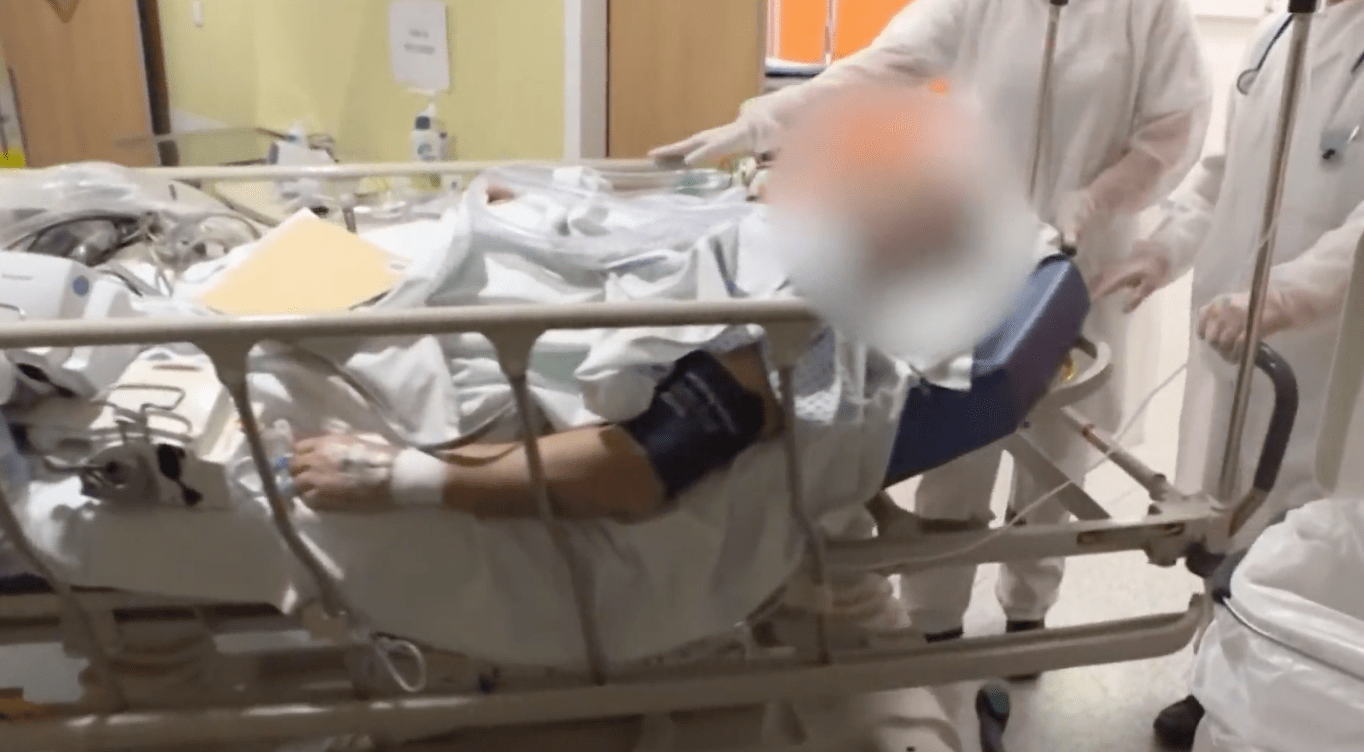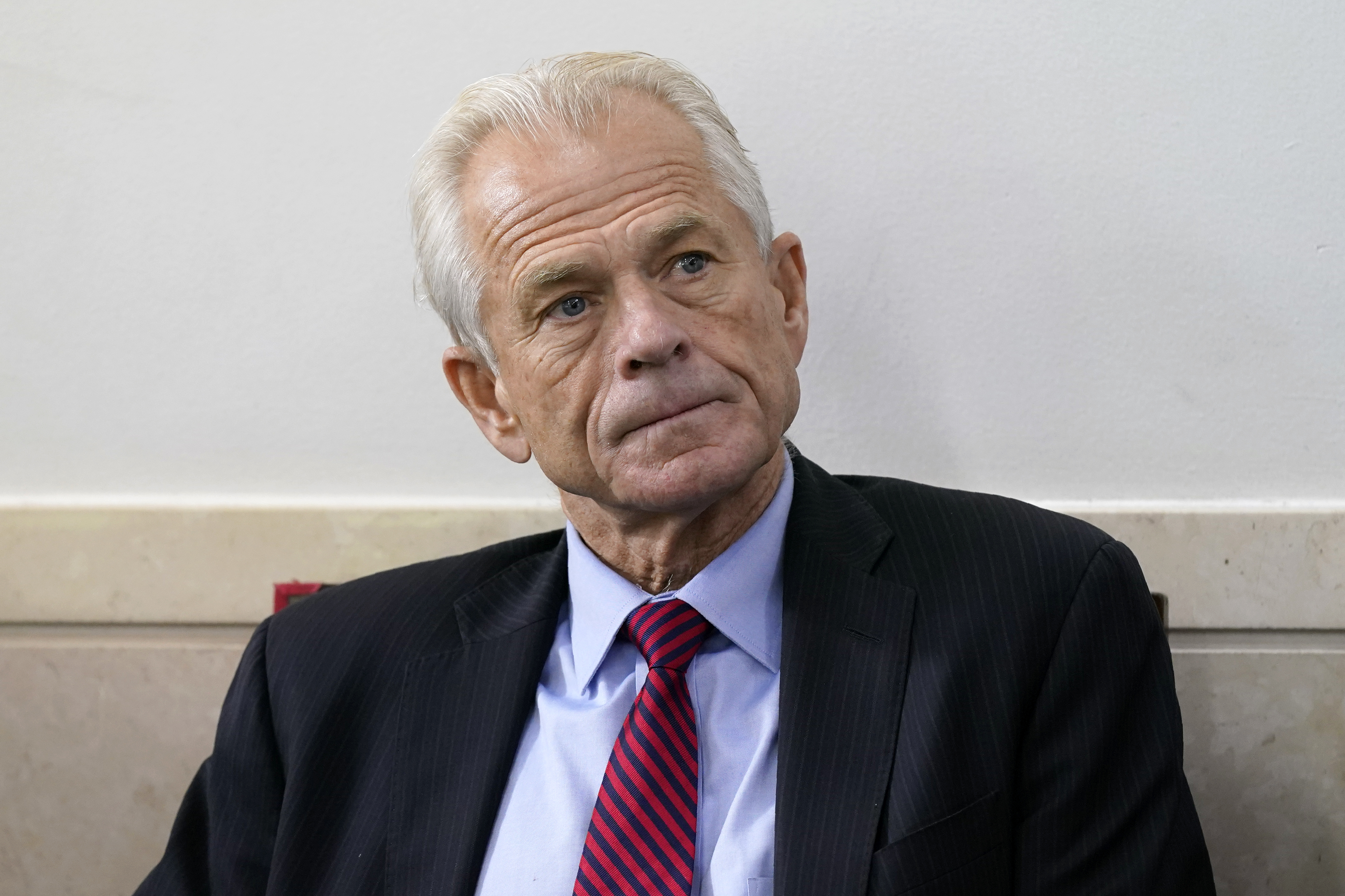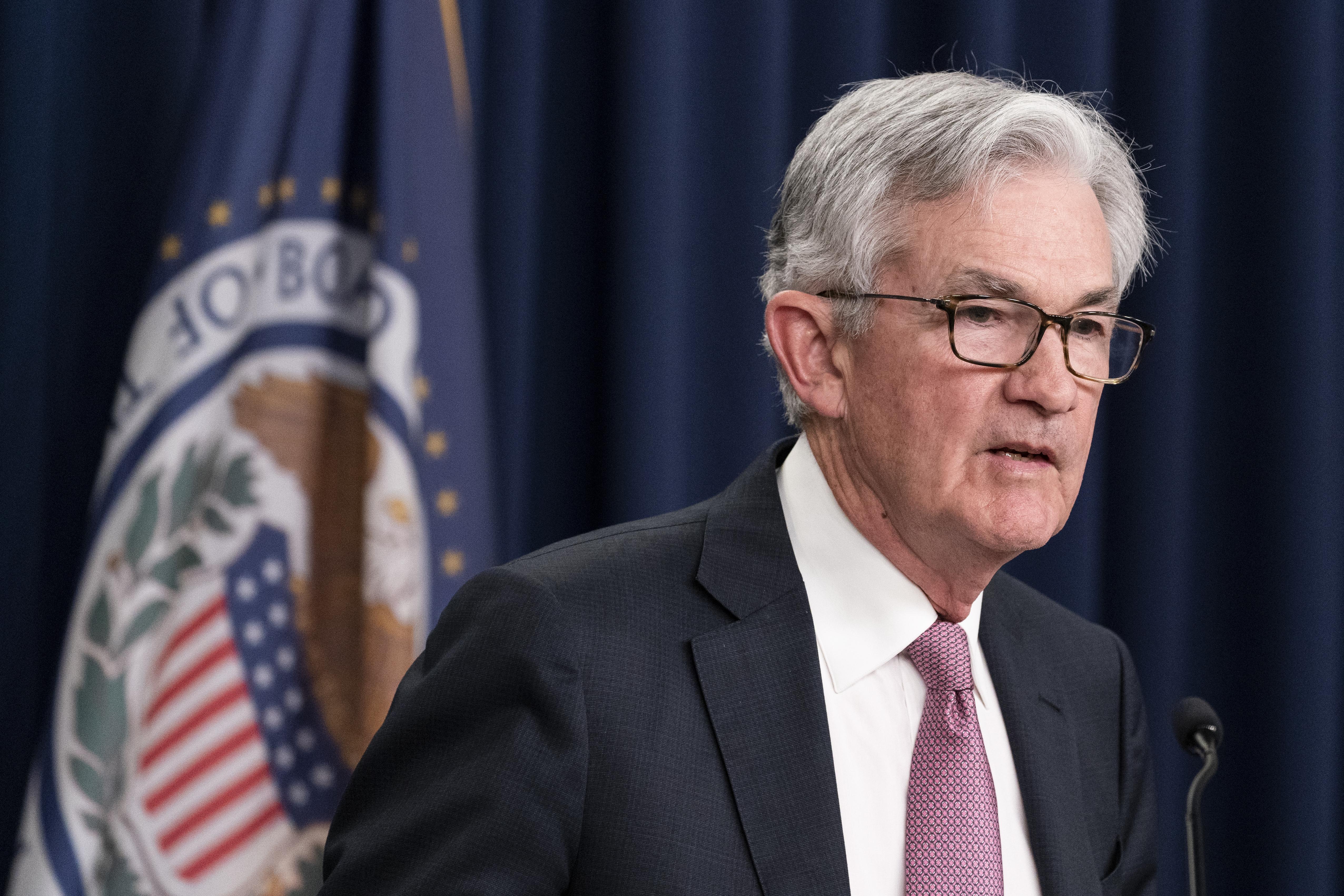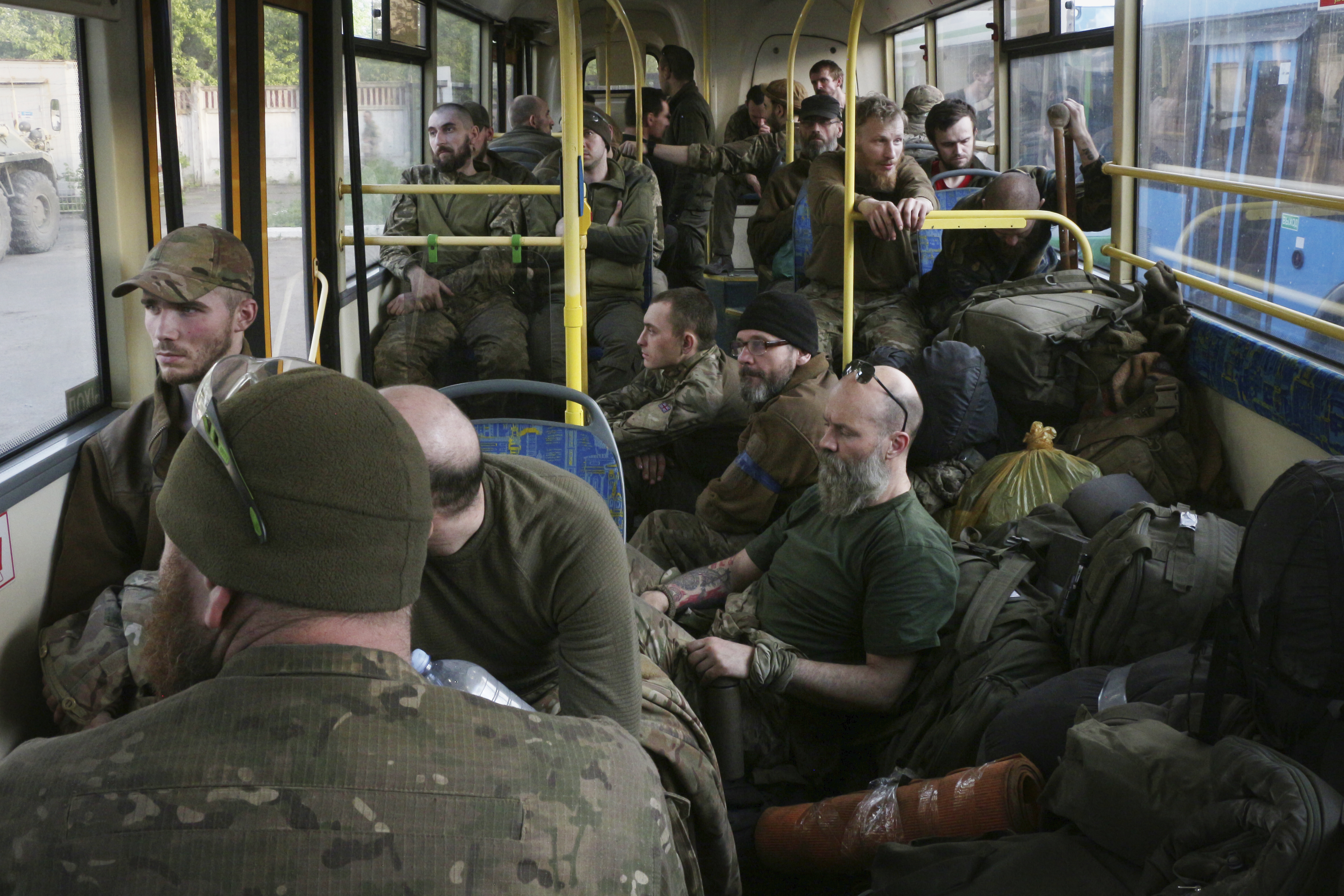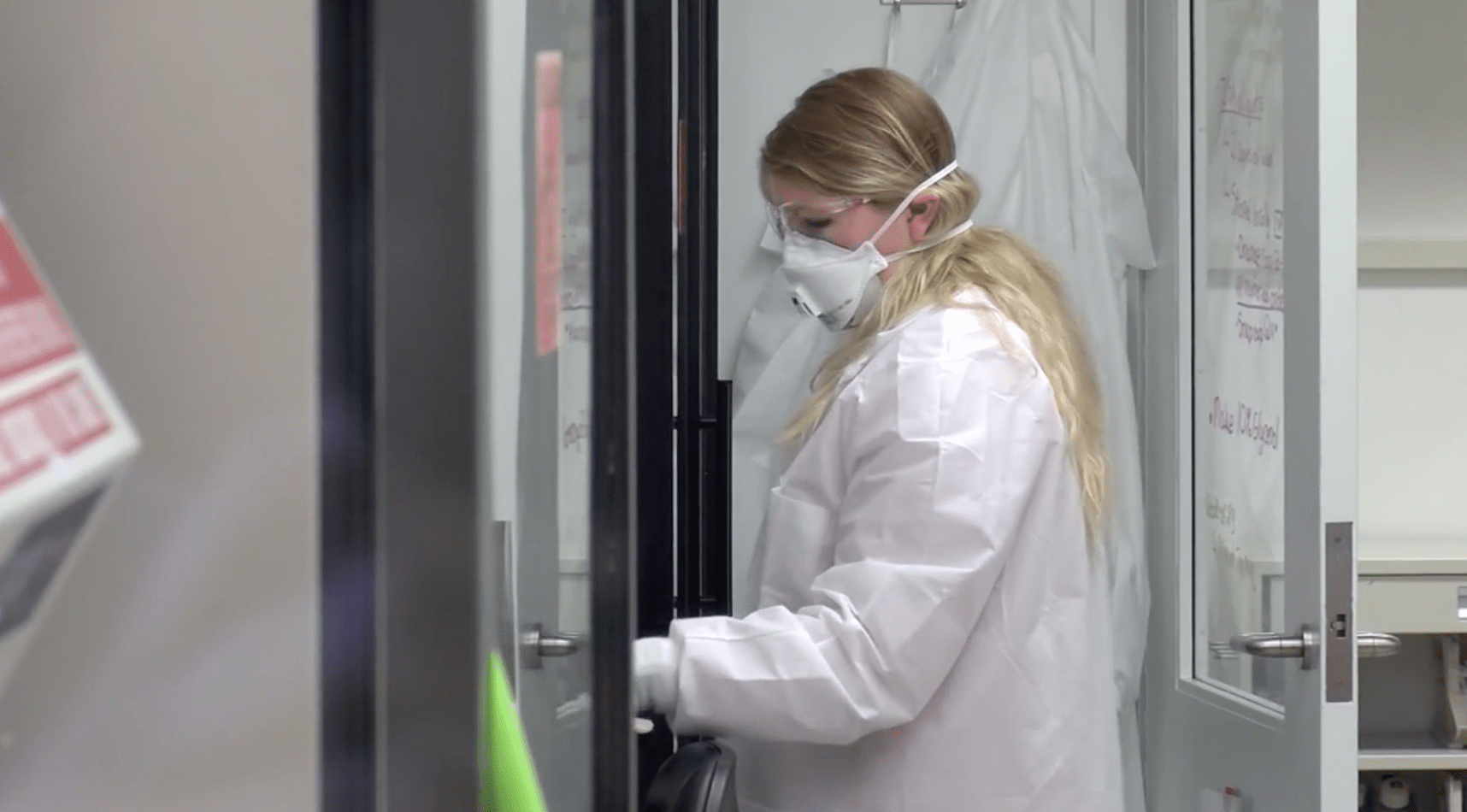WASHINGTON (NEXSTAR) — Farmers are struggling to keep their heads above water as commodity prices dwindle, but help could be on the way soon from the federal government.
U.S. Agriculture Secretary Sonny Perdue says he is close to finalizing a massive aid package for farmers hit hard by the coronavirus outbreak.
“We think $16 billion will go directly to producers,” Perdue said. “We’re prepared to present to the president. We’d like to do that this week, today or tomorrow.”
With business closed, demand slashed and commodity prices tanking — Perdue says he’s rushing to get aid out the door to stop the bleeding.
“They’re all suffering. There’s no doubt,” he said. “We’re trying to be as inclusive as we can be.”
He says the direct payments will be available to nearly all agriculture producers, including specialty crop farmers who sell to farmers markets.
Another $2 billion will go towards purchasing products farmers can’t sell and getting them to food banks.
“It’s really a shame seeing milk being dumped and other food products being plowed in when there are other people that can use that,” he said.
U.S. Rep. Bill Huizenga, R-MI, supports the plan.
“We’ve got to make sure that we’re supporting the home team,” he said.
U.S. Rep. Cheri Bustos, D-IL, says without help for the ethanol industry, the plan falls short.
“Secretary Perdue and the Trump administration need to look at agriculture from a very broad perspective. There is so much that needs to be done,” she said.
Perdue says the direct payments are just part one of his plan.
“We’ll have a two-prong attack,” he said.
He says thanks to the CARES Act — the USDA will have another $14 billion available to assist farmers in July.
Perdue also says he is working with the White House to reduce migrant farmworker pay.
He says it’s become so high, some farmers are forced to reduce production.
So far, the proposal has received backlash from immigration advocates who say that would only harm those who are essential workers putting their lives on the line during the pandemic.
